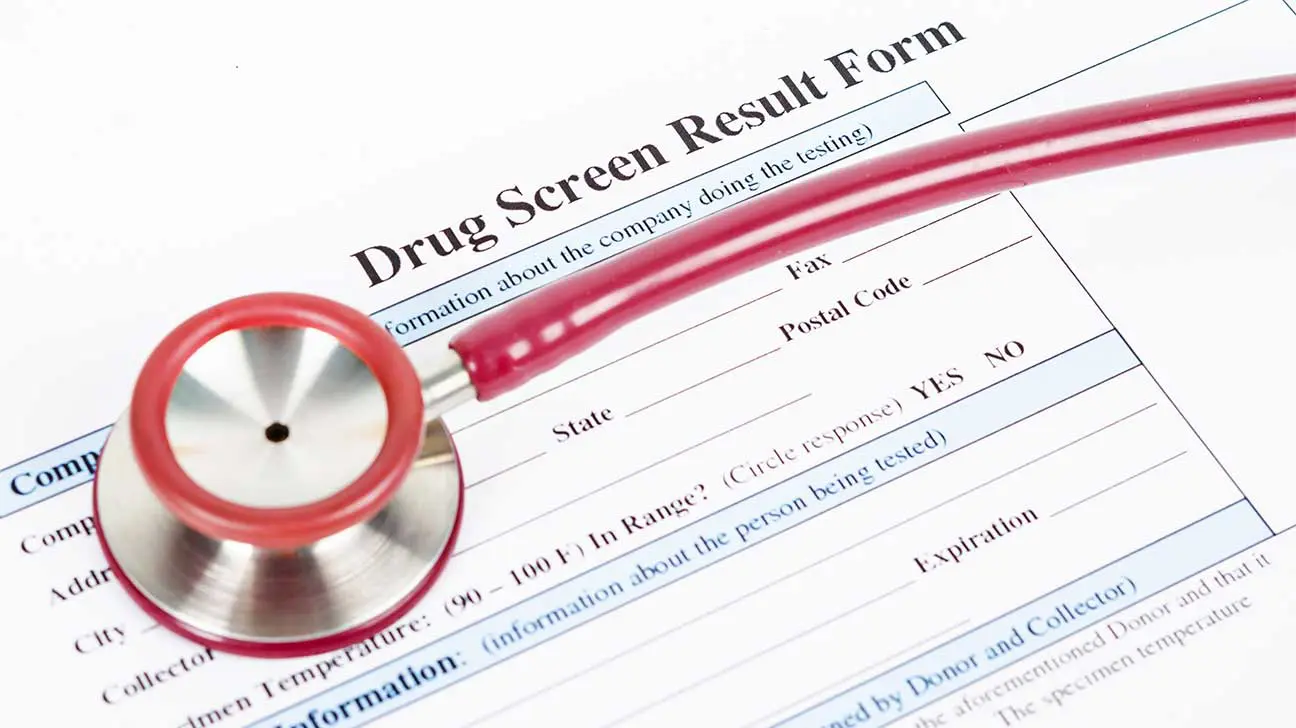
A common concern of people who misuse morphine is the amount of time that their morphine use will show up in a drug test.
Detection times for morphine, by drug testing method:
- urine tests: one to three days
- blood tests: up to 24 hours
- saliva tests: up to two days
- hair tests: up to 90 days
These are average detection times. Actual time-frames for drug detection using these drug testing methods may vary based on biological, genetic, and other personal factors.
What Is Morphine?
Morphine is a prescription pain medication/pain-reliever that comes from the opium poppy plant.
While effective for treating moderate to severe pain, morphine is often misused for its euphoric effects.
Morphine is part of the drug class known as opioid analgesics, or opiates, and is similar to:
- codeine
- heroin
- oxycodone
- hydrocodone
- hydromorphone
- fentanyl
What Does Morphine Do?
Opiates like morphine work by binding to opioid receptors in the central nervous system. This can provide pain-relief, cause drowsiness, and affect mood, hormones, and physical movement.
Morphine is classified as a schedule II controlled substance, meaning it has a high potential for substance abuse and addiction.
Prescription opioid drug use may be monitored by a healthcare provider.
How Long Does Morphine Stay In Blood?
Morphine’s short half-life means that it will generally exit the blood fairly quickly after last use. The average person will test negative for morphine within a day or two after they’ve stopped taking it.
How Long Does Morphine Stay In Urine?
Urine screenings can detect morphine use for one to three days after a person’s last dose.
Read more about detecting morphine in urine
How Long Does Morphine Stay In Hair?
Hair follicles can contain traces of drugs like morphine for up to 90 days after last use. This is the longest detection window of all drug testing methods.
How Long Does Morphine Stay In Saliva?
Morphine use can be detected within oral fluids, such as saliva, within minutes and for up to 48 hours after use.
Factors That Can Affect How Long Morphine Stays In Your System
Actual time-frames for how long morphine will be detected by a drug test can vary based on a variety of factors.
Factors that can affect morphine detection times include:
- Amount of morphine used: Taking higher doses of morphine may result in a longer detection window.
- Frequency of use: Taking morphine regularly may lead to drug tolerance and dependence. This can extend the timeframe for how long it stays in your system.
- Use of multiple drugs: Taking other drugs with morphine may affect how long it takes to metabolize.
- Metabolic rate: Morphine may be metabolized more slowly in people who have a slower metabolic rate due to older age, impaired kidney or liver function, or other health issues.
Side effects of morphine, which can fade before the drug’s left your system, can also vary based on these factors—specifically co-occurring health conditions and drug metabolism.
How To Get Morphine Out Of Your System
Morphine can be a habit-forming and addictive drug that can metabolize at different rates depending on how long and in what quantity you’ve been taking morphine.
The nature of your morphine use—whether taken as prescribed, or misused for its side effects—can affect how long it can be detected in a drug test and how difficult it will be to get it out of your system.
There are two ways to get morphine out of your system:
- stop taking morphine
- begin a detox program
If you haven’t taken morphine for very long, a doctor may provide you with guidance on how to safely stop taking morphine.
Treating Morphine Withdrawal Symptoms
One of the concerns about trying to stop taking morphine all at once is the possibility of withdrawal.
Morphine withdrawal symptoms—a result of drug dependence—can be very uncomfortable and difficult to manage alone.
For this reason, the safest way to stop using morphine is to seek professional support through a medically supervised detox program or outpatient clinician.
Morphine Detox And Treatment
Morphine abuse can lead to physical dependence and increase the risk of addiction in time. This can make it physically and psychologically difficult to stop taking morphine.
Depending on the severity of your substance abuse, inpatient or outpatient treatment for opioid addiction may be recommended.
Treatment for morphine abuse may involve:
- medically supervised detox
- medications for opioid use disorder (e.g. methadone, naltrexone, buprenorphine)
- behavioral therapy
- aftercare support
If you or a loved one is abusing morphine, our addiction specialists may be able to help you find a treatment program capable of meeting your needs.
Getting off morphine is possible. Call us today to learn more about morphine addiction and to find an opioid addiction treatment program that’s right for you.
Addiction Resource aims to provide only the most current, accurate information in regards to addiction and addiction treatment, which means we only reference the most credible sources available.
These include peer-reviewed journals, government entities and academic institutions, and leaders in addiction healthcare and advocacy. Learn more about how we safeguard our content by viewing our editorial policy.
- HealthPartners—Interpretation of Opiate Urine Drug Screens
https://www.healthpartners.com/ucm/groups/public/@hp/@public/@ime/@content/documents/documents/cntrb_031044.pdf - Quest Diagnostics—Hair Testing FAQ
https://www.questdiagnostics.com/dms/Documents/Employer-Solutions/Brochures/quest-hair-testing-faq-2018/Quest%20hair%20drug%20testing%20FAQ.pdf - Redwood Toxicology Laboratory—Laboratory Testing Reference Guide
https://supremecourt.nebraska.gov/sites/default/files/Programs/CIP/events/redwood/LAB_Reference_Guide.pdf - U.S. Department of Justice: Drug Enforcement Administration—Controlled Substances
https://www.deadiversion.usdoj.gov/schedules/ - U.S. National Institute on Drug Abuse—Prescription Opioids DrugFacts
https://www.drugabuse.gov/publications/drugfacts/prescription-opioids - U.S. National Library of Medicine: MedlinePlus—Morphine
https://medlineplus.gov/druginfo/meds/a682133.html


